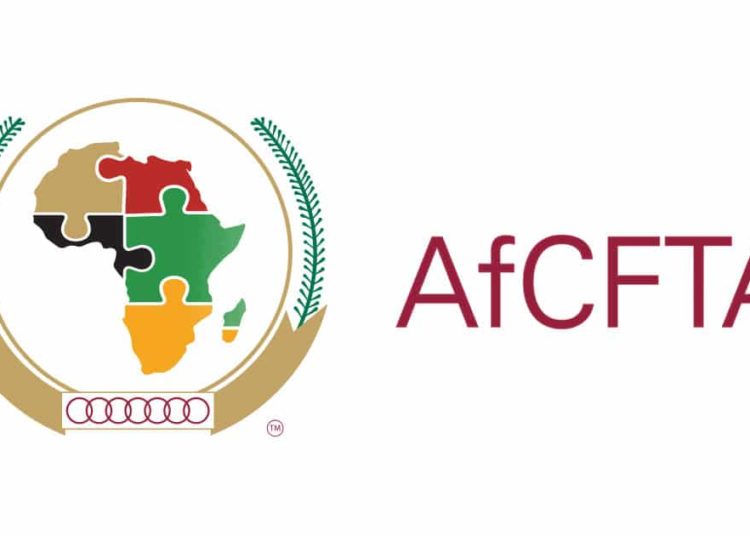Worried about the looming debt crisis in African countries and the developing world to provide key financial markets to leverage the African continental free trade agreement (AfCFTA), Afrexim chief economist, Dr. Hippolyte Fofack has urged West African countries to build greater cooperation to strengthen the financial architecture amongst countries for global and regional market integration.
Hippolyte Fofack gave the assertion at a media briefing on the 6th Annual Babacar Ndiaye Lecture with the theme; Africa’s Road to COP27 and beyond; outlining the priorities and opportunities for the continent.
He stated that, the impact of the AfCFTA global market economy will address the urgency of African financial architecture and expand the size of market Investment to boost trade volumes for global delivery.
He argued that the trade and political issues were weakening bargaining powers while he said that the AfCFTA regional trade will consolidate Africans voice to strengthen integration with the World Trade Organisation (WTO) to address issues of future events.
Fofack added that the corporation is working strenuously with its partners to foster fruitful conversations on regional integration initiatives to develop regional value chains and adapt to climate change in order to build climate-smart strategies that contribute to development of the African continent.
He stated that the African continent faces two challenges in adapting to climate change stressing that, the first is the need to rethink the development approach in line with the current reality, as it is still highly dependent on foreign markets.
“The second is the huge amounts of funds required to adapt to climate change, which is why regional integration must be emphasized through the African Continental Free Trade Area, which is the largest free trade area in terms of the number of participating countries and which can provide the necessary capacity to attract investments to Africa in higher value-added production and generate growth driven by innovation and entrepreneurship,” he noted.
To realize this ambition, Senior Fellow in the Global Economy and Development Programme and the Africa Growth Initiative at the Brookings Institution, Landry Signé, said $60 trillion can be generated if Africa becomes a free trade area.
He emphasized the need to remove all barriers in regards to trade between African countries, which would facilitate trade and improve service delivery.
In the same vein,director of Neighboring Countries Operations at the European Investment Bank (EIB), Lionel Rabail, highlighted that Africa is rich with opportunities, and that the European Investment Bank seeks to provide long-term financing for African countries in green projects, including Egypt.
Secretary-general of the African Organisation for Standardisation, noted that the COP27 conference comes at an opportune time to explore a “Made in Africa” initiative to promote Africa’s export goods.
For his part, head of the Egyptian Commercial Service, Yahya Al-Wathiq Billah, stressed that it was necessary to find unconventional solutions to the challenges, capitalising on regional integration in a way that contributes to accelerating the pace of economic recovery in the African continent.
We’ve got the edge. Get real-time reports, breaking scoops, and exclusive angles delivered straight to your phone. Don’t settle for stale news. Join LEADERSHIP NEWS on WhatsApp for 24/7 updates →
Join Our WhatsApp Channel










